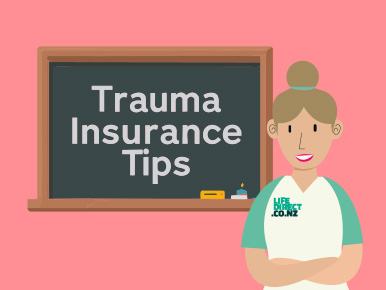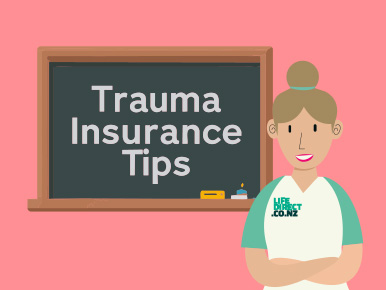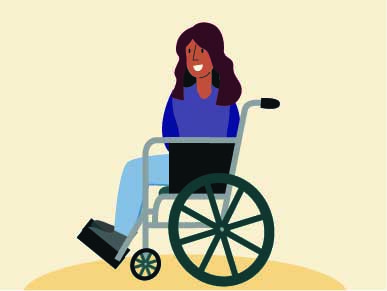Trauma insurance is often a topic of interest for Kiwis looking to balance financial security with peace of mind. A common question we hear is: how much does it cost?
The answer depends on a few key factors, such as your age, health, and the level of cover you choose. In this guide, we’ll outline what influences the cost of trauma insurance in New Zealand and provide insights to help you decide whether it’s the right option for you.
At LifeDirect, our goal is to make insurance easier to understand, so you can make informed choices about protecting yourself and your family.
Understanding Trauma Cover Costs in NZ
Trauma cover isn’t a one-size-fits-all type of insurance. The cost of your premiums will depend on a mix of factors, including your age, health, lifestyle, and the level of cover you choose. Policies can be tailored to suit different needs, so what you pay will reflect the type of protection you’re after.
In New Zealand, trauma insurance generally sits in the middle ground when compared to other types of cover. It’s usually more affordable than full health insurance but tends to cost more than basic life cover. Its role is to provide a financial safety net - stepping in to help with treatment costs, recovery expenses, or income support if a serious illness or condition turns life upside down.
What Makes Trauma Insurance Prices Vary?
The cost of trauma insurance isn’t the same for everyone. Premiums are influenced by a range of factors that reflect your personal circumstances and the type of cover you choose.
Age and Health
Generally, younger people pay lower premiums. Your health also plays a role - lifestyle factors such as smoking or pre-existing medical conditions can increase costs.
Sum Insured
The amount of cover you choose will directly impact your premiums. A smaller lump sum is more affordable, while higher levels of cover provide broader financial protection.
Policy Features
Trauma policies vary in the benefits they include. For example, some cover a wider list of medical conditions, allow multiple claims for unrelated illnesses, or offer optional add-ons like buy-back benefits and child cover. These features can add to the cost but may also provide greater flexibility and peace of mind.
Lifestyle and Occupation
Certain jobs or hobbies are considered higher risk, which can increase premiums. On the other hand, making positive lifestyle changes - such as quitting smoking - can help bring costs down over time.
Inflation Protection
Many policies automatically increase your cover each year to keep pace with rising costs of living. While this does affect your premiums, it helps ensure the value of your cover keeps up in the long run.
Is Trauma Cover Worth the Expense?
For many New Zealanders, trauma insurance provides an important financial safety net. A lump sum payment can help cover medical expenses that fall outside of public health or ACC, contribute to mortgage or household bills during recovery, or simply give your family financial breathing room in a difficult time.
The value of trauma insurance is often found in the peace of mind it brings - knowing that if the unexpected happens, you have support in place to focus on recovery rather than finances.
Making Trauma Cover More Affordable
If cost is a concern, there are practical ways to keep premiums manageable:
- Compare quotes — using our quote compare tool helps you see a range of options side by side.
- Bundle policies — combining life, income protection, or trauma cover may bring multi benefit discounts.
- Start early — securing cover while younger and healthier often means lower long-term costs.
- Review regularly — adjust your policy as your needs change to ensure you’re not over-insured.
- Choose essential features — keeping your cover straightforward can make it more affordable.
At LifeDirect, we make it easy to understand your options and compare providers in one place. That way, you can choose trauma cover that fits your needs - and your budget - with confidence.
Disclaimer: Please note that the content provided in this article is intended as an overview and as general information only. While care is taken to ensure accuracy and reliability, the information provided is subject to continuous change and may not reflect current development or address your situation. Before making any decisions based on the information provided in this article, please use your discretion and seek independent guidance.











